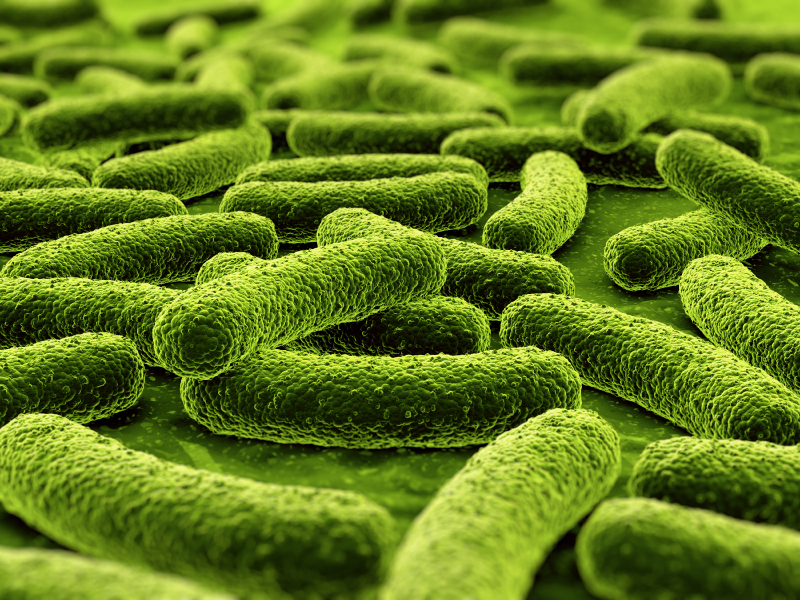ADVERTS
Bacteria are prokaryotic beings, very important in the lives of human beings, given their use in various areas, such as medicine, environment and food.

Bacteria in Medicine
Na medicina podemos citar a bactéria Clostridium botulinum, responsável pela produção da toxina botulínica, comercialmente chamada de Botox.
ADVERTS
This substance reduces or eliminates muscle contractions and is used in aesthetic treatments such as preventing wrinkles and expression marks, as well as strabismus and cervical dystonia.
In antibiotics, vitamins, growth hormones, insulin, alcohols, bacteria are used.
Bacteria in the Environment
A bactéria Bacillus thuringiensis, tem sido empregada na agricultura, pois exerce papel de controlador biológico, uma vez que seus cristais proteicos controlam larvas, lagartas, brocas, moscas, mosquitos e cascudos. Dessa maneira, acaba substituindo muitos herbicidas.
ADVERTS
Some other bacteria can also act in processes of degradation of organic waste and herbicides, pesticides, oil, PCBs, DDT, plastics, detergents, mercury, nitrites, selenium, arsenic and uranium, which are considered environmental polluters.
Bacteria in Food
In food, we can mention species such as Streptococcus thermophilus, S. lactis and S. cremoris; Lactobacilli bulgaricus, L. casei, L. acidophillus, and L. yogurtii; and some of the genera Acetobacter, Corynebacterium and Acetobacter, responsible for the production of vinegar, glutamic acid (protein from living beings), chocolate, bread, wine, fermented drinks, soy sauce and certain dairy products.
That's why bacteria will always be part of humanity's life.
